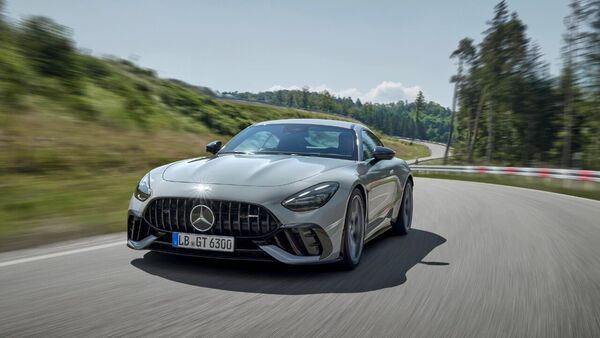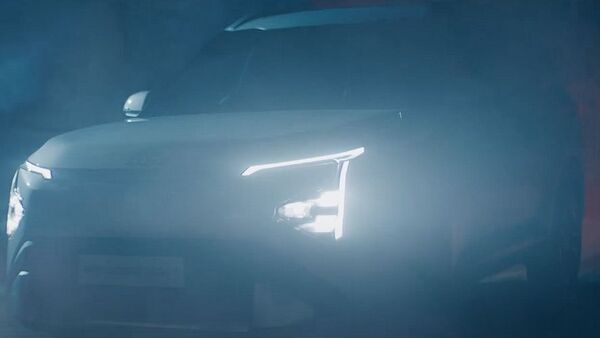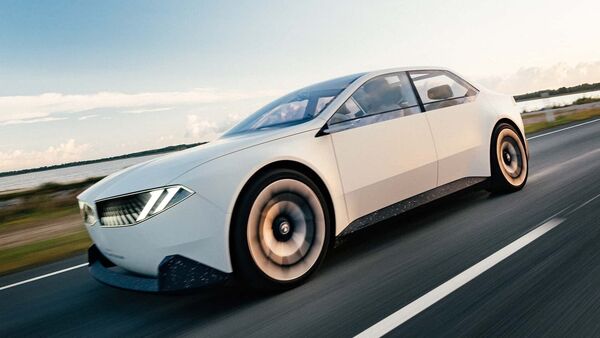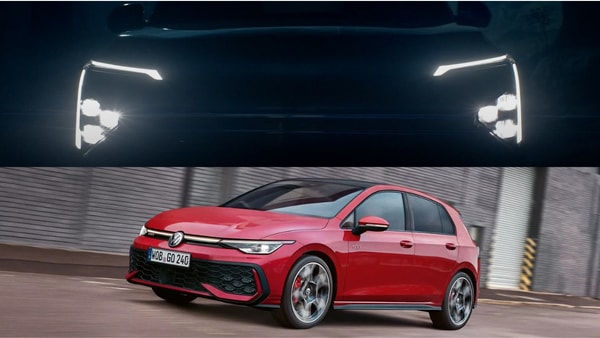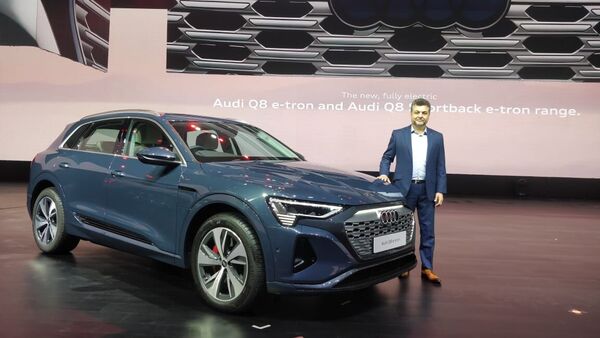
Govt’s 30 percentage EV penetration by 2030 is optimistic but possible: Audi India Head Balbir Singh Dhillon
5 months ago | 5 Views
Audi India Head Balbir Singh Dhillon recently spoke about the challenges of the electric vehicle segment in the country and that the government’s goal of 30 per cent EV penetration by 2030 was a little optimistic but possible. Dhillon was speaking at the Hindustan Times Leadership Summit (HTLS) 2024, answering questions about the luxury and electric vehicle segment in India.
Centre’s 30% EV Penetration By 2030 Is Optimistic
When asked about the government’s previous plan to have 30 per cent EVs on the road by 2030, Balbir Singh Dhillon said, "I think it's a little optimistic, but let me add a caveat -- if we can develop the charging infrastructure properly and provide the necessary convenience to customers, it’s very much possible."
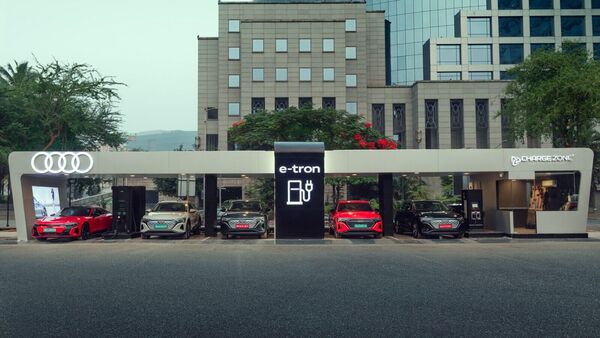
Audi is one of the biggest players in the luxury electric vehicle segment. The automaker retails four EVs in India and is set to expand the lineup further with new additions next year. Speaking at HTLS 2024, Dhillon said that four things have to come together to make EVs a success in India - customers, charging stations, policy and original equipment manufacturers (OEMs).
On Government Initiatives For EVs
Speaking about the central government’s initiatives for EVs in India, Dhillon said, "We are very happy with the initiatives taken by the central government. The GST is 5 per cent, compared to 48-50 per cent for ICE cars in the luxury segment we operate in. Additionally, the government is helping improve charging infrastructure. Some state governments have reduced registration costs. All of this is certainly helping us.
On Charging Infrastructure
Dhillon further explained that the expansion of charging infrastructure across the country was key to the larger adoption of EVs. "Within cities, there’s no problem. It’s on highways where we need high-speed charging infrastructure," he said. He further said that manufacturers like Audi have a limited role in building the charging network since they are not a dedicated charging infrastructure company.
He said, “Well, first and foremost, there’s the geography of the country. As you can understand, we are a very large country. We have set up 140 charging points, most of them at our dealerships or our group brand dealerships. We’ve also set up an ultra-fast charging station at BKC in Mumbai. However, there will always be a limitation for us, as we are not a dedicated charging infrastructure company. So, while we are trying to support this journey as much as we can, physical charging infrastructure will remain a challenge."
Also Watch: Audi Q8 e-tron: First drive review
On EV Battery Costs
When asked about the cost of EV batteries, which drive up the overall cost of the vehicle over its ICE counterpart, Dhillon said, "I think as volumes (of EV vehicles) grow, costs will come down, and we are in the process of reaching those threshold volumes. It may not be the case for us in India yet, but over time, our group has started manufacturing these batteries at several of our plants globally. As we begin manufacturing them ourselves, the costs will decrease."
He further revealed that most of Audi’s customers own more than one car, which has made “owning an electric car a pleasure so far."
Read Also: Bharat NCAP explained: The benefits and shortcomings of India’s safety ratings for cars
HOW DID YOU LIKE THIS ARTICLE? CHOOSE YOUR EMOTICON !
#

